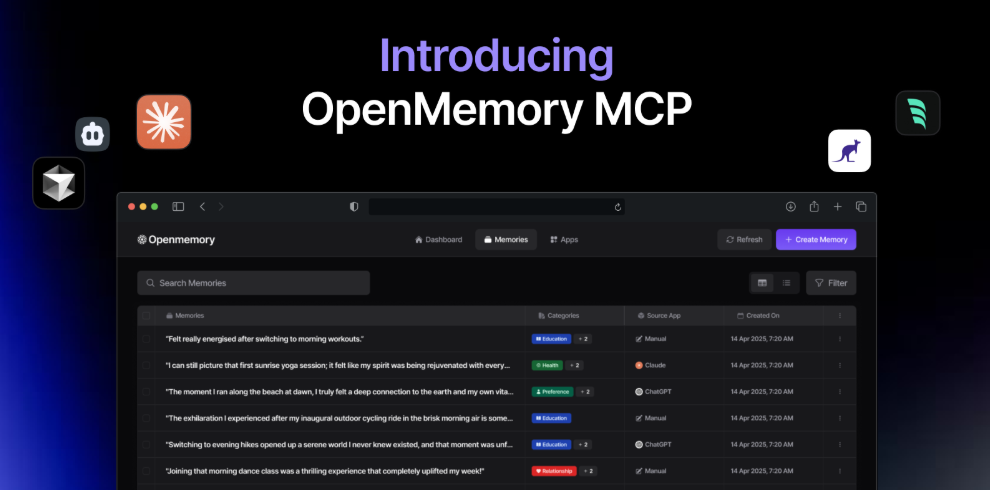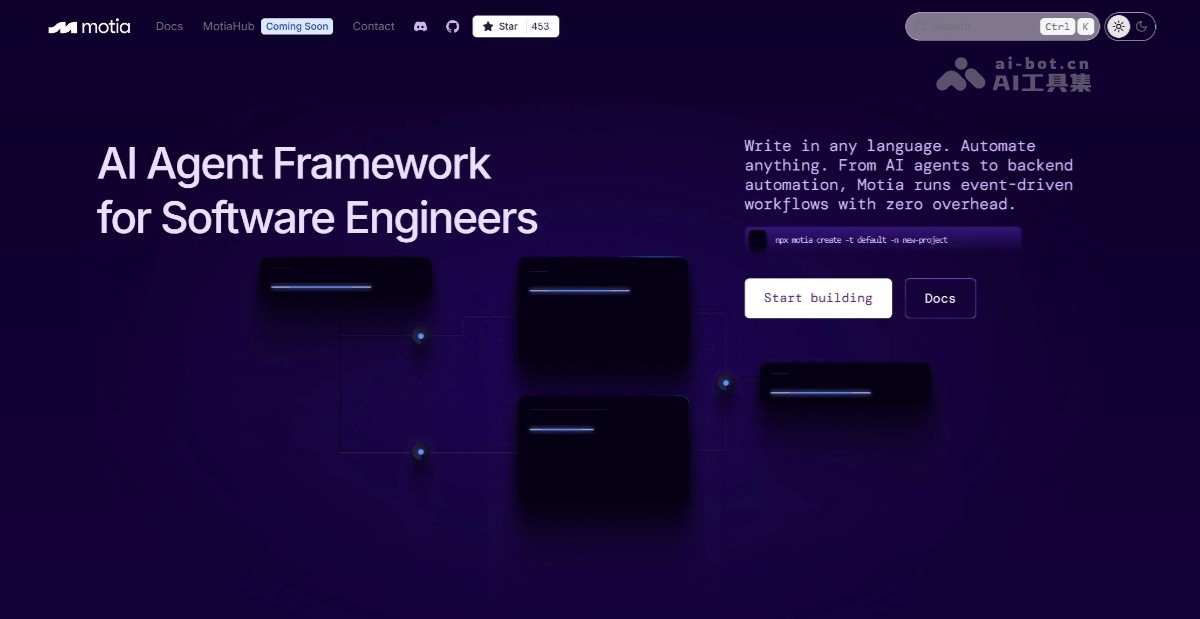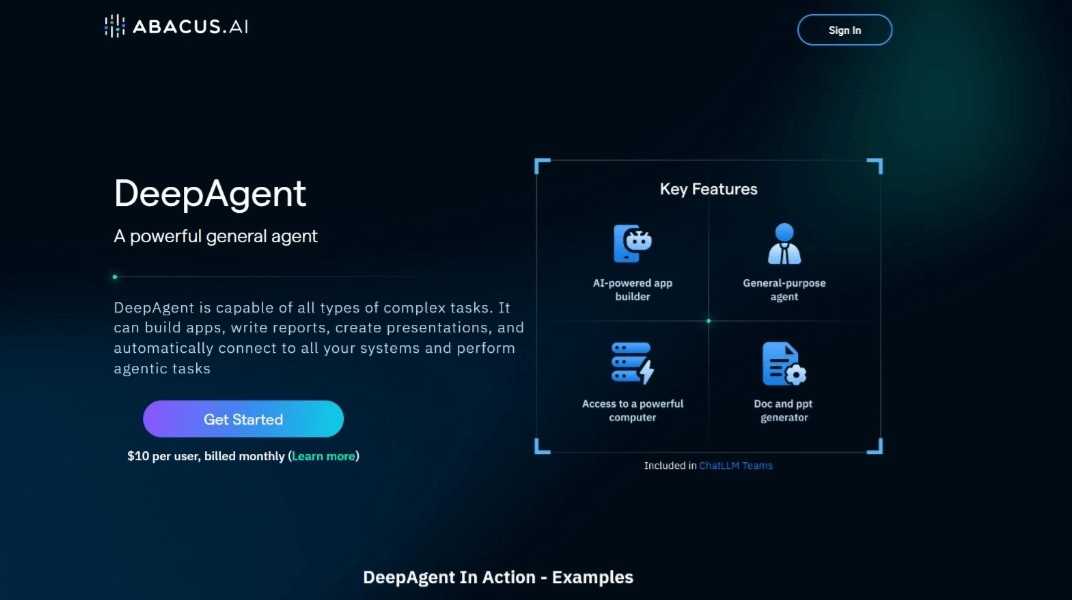
OpenMemory is an open source personal memory layer that provides private, portable memory management for large language models (LLMs). It ensures that users have complete control over their data and can keep data secure when building AI applications. This project supports Docker, Python and Node.js, which is suitable for developers to have a personalized AI experience. OpenMemory is especially suitable for users who want to use AI without revealing their personal information.
Demand population:
"This product is suitable for developers, AI researchers, and ordinary users who are interested in personalized AI experiences. With local memory management, users can safely build and use AI applications to avoid privacy leaks."
Example of usage scenarios:
Develop personalized chatbots that can remember users' preferences.
Build an AI-based educational application and adjust the content based on students' learning history.
Use an AI assistant to manage daily tasks and provide advice based on past memories.
Product Features:
Private data management: User memory data is stored locally to ensure security and privacy.
Personalized experience: By storing personalized memories, AI applications can better adapt to user needs.
Open Source Projects: Users and developers can freely view, modify and extend code.
Easy to use interface: Provides a simple API and front-end interface for easy developers' integration.
Community-driven: Encourage user feedback and contributions, continuously improve and expand functionality.
Tutorials for use:
Make sure Docker and Docker Compose are installed on your device.
Download the OpenMemory project source code.
Run the command 'make build' in the terminal to build the server and user interface.
Run the command 'make up' to start OpenMemory MCP server and UI.
Visit http://localhost:8765 to view the API documentation, or http://localhost:3000 to use the user interface.







